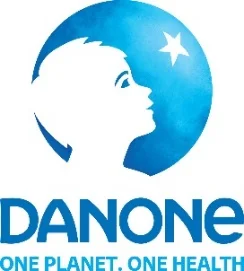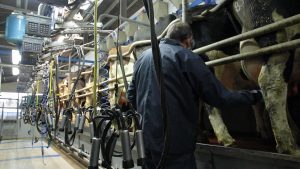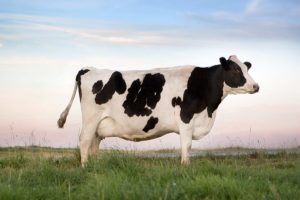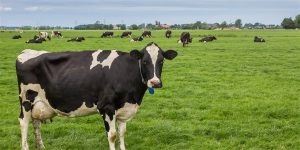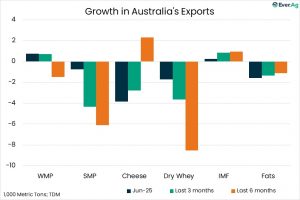
In August 2021, the Minister for Agriculture, Food and the Marine, Charlie McConalogue, announced the decision to move forward with mandatory electronic identification (EID) for cattle.
As part of the move towards mandatory EID, all new cattle tag sets, sourced from approved tag suppliers, now contain a white EID tag.
Last year, details of a financial support package to assist farmers in the move to mandatory EID for cattle were announced.
Payments for EID cattle tags in 2022 will be calculated on the number of new EID tag sets purchased from January 1, 2022, at a rate of €1 for each new EID tag set.
There is a maximum payment of €100 per farmer over the life of the scheme and no application process is required.
The scheme is “proportionately weighted in favour of smaller producers” according to the Department of Agriculture, Food and the Marine (DAFM).
Bovine EID will be implemented in two stages:
- From January 1, 2022, all approved bovine tag suppliers will be required to supply an EID tag with all new tag orders. Each new tag set will include one EID tag and one tissue tag. EID tags will be white in colour. The colour of conventional and tissue tags will remain yellow;
- From July 1, 2022, it will be a legal requirement on herd keepers to officially identify all newborn calves with a tag set containing an EID tag.
According to the DAFM, mandatory bovine EID will deliver “substantial improvements” in the bovine identification system for farmers, livestock marts, slaughter plants, export assembly centres and vets.
“It will lead to a safer working environment for all stakeholders with less reliance on manual checking of bovine tag numbers,” according to the DAFM.






